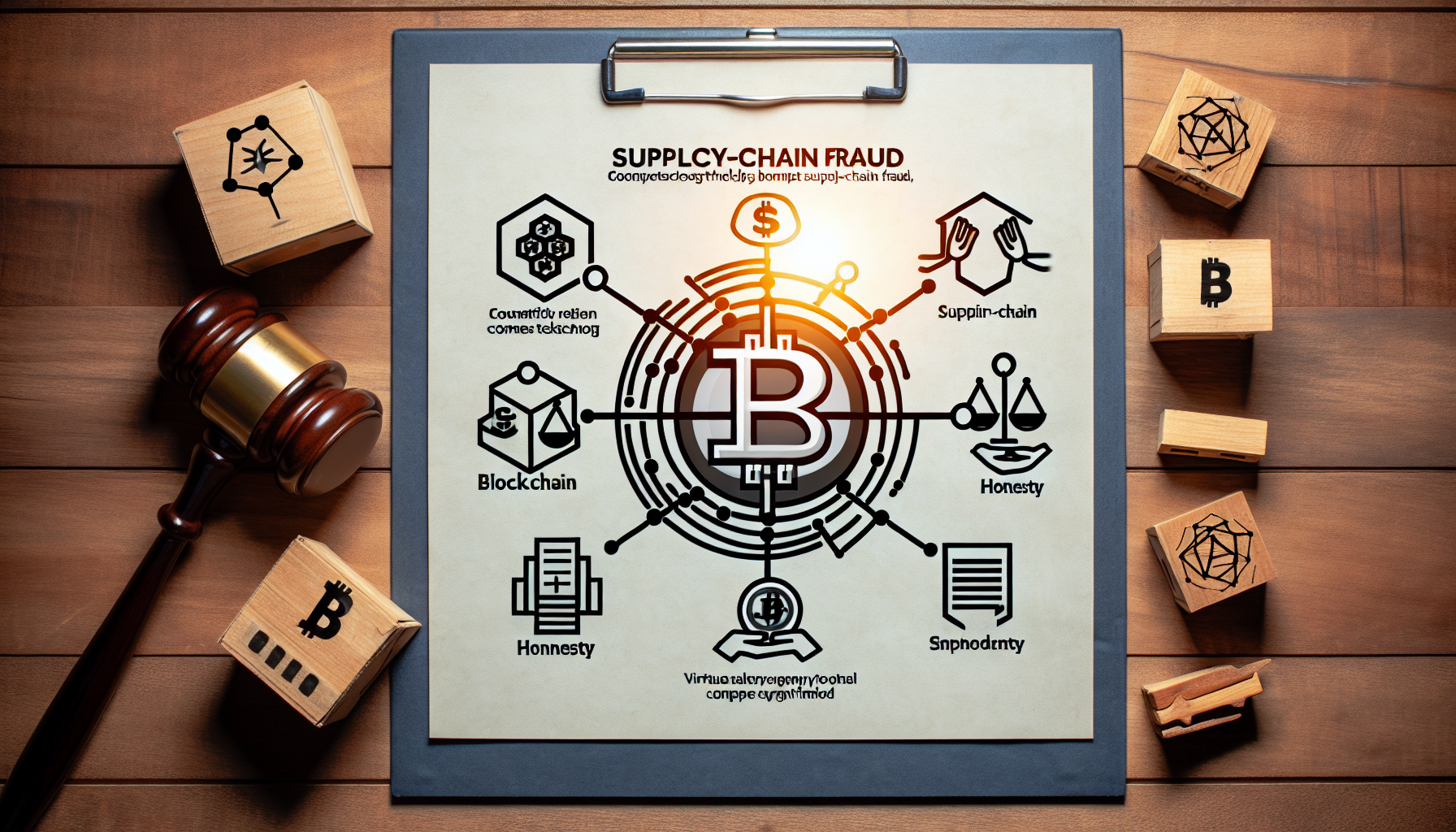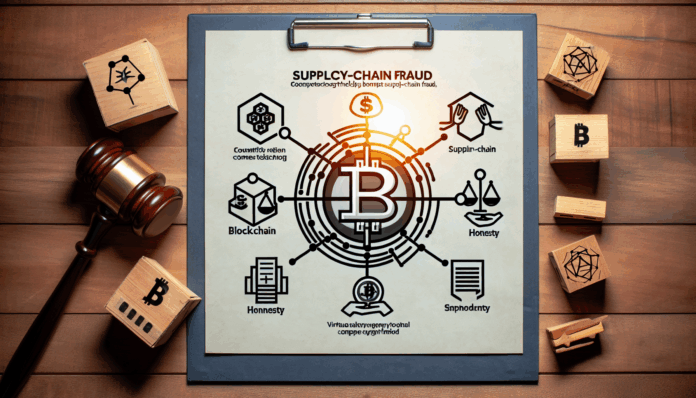Introduction: The Rising Threat of Supply-Chain Fraud
Did you know that over $42 billion is lost each year due to supply-chain fraud? As global trade increases, so do the methods of fraud. With a staggering number of products being transported across the world, how can businesses ensure that their supply chains are secure? This is where blockchain technology comes into the picture.
Understanding Blockchain Technology Basics
Before diving into how blockchain fights supply-chain fraud, it’s essential to understand the fundamentals of this technology. Blockchain is a decentralized ledger that records transactions across many computers. This means that once data is recorded, it cannot be altered retroactively without the consensus of the network. This provides a high level of transparency and security.
How Blockchain Enhances Traceability in Supply Chains
Traceability is a major factor in preventing supply-chain fraud. With blockchain, every product has a unique identifier, allowing stakeholders to track its journey from origin to end consumer. For example, if a shipment of organic avocados is compromised, it can be traced back to the farm in Mexico. This level of transparency not only helps combat fraud but also builds trust with consumers.

Decentralization: A Key Feature Against Fraud
Unlike traditional supply-chain methods, where a single entity controls the records, blockchain decentralizes this power, distributing it among all participants in the network. This makes it incredibly difficult for fraudsters to manipulate data, as they would need to control over 50% of the network to change any information.
Smart Contracts for Greater Security
Another innovative feature of blockchain is the use of smart contracts. These are self-executing contracts with the terms of the agreement directly written into lines of code. They automatically execute unfulfilled agreements when predetermined conditions are met, reducing human error and enhancing security. For instance, a smart contract could automatically release payments upon confirming that goods have passed through their required checkpoints.
Conclusion: Taking Action to Secure Supply Chains
In summary, blockchain technology is revolutionizing the way supply chains operate, significantly reducing the risk of fraud through enhanced traceability, decentralization, and smart contracts. As businesses begin to adopt these technologies, they can safeguard their operations while increasing consumer trust. If you’re new to this technology, it’s time to embrace blockchain solutions to protect your supply chain.
For further insights and resources, don’t hesitate to explore more articles on supply chain safety or the benefits of blockchain. Take the first step today toward a more secure future.




